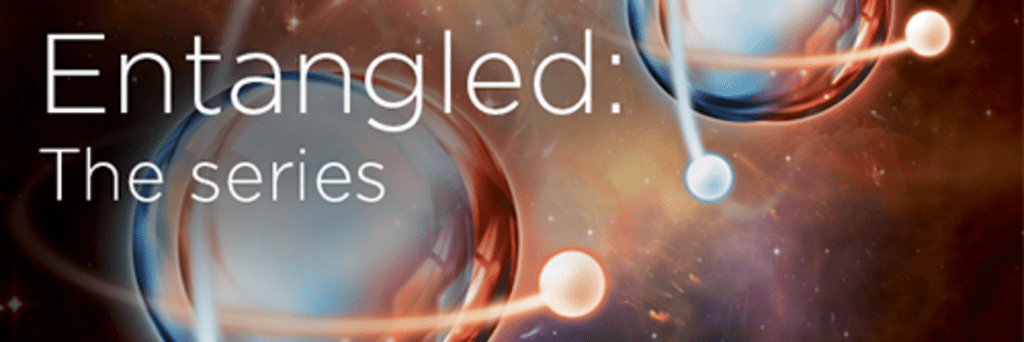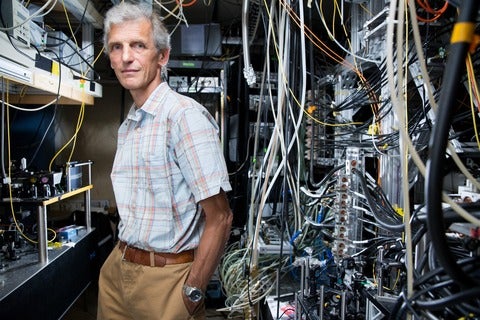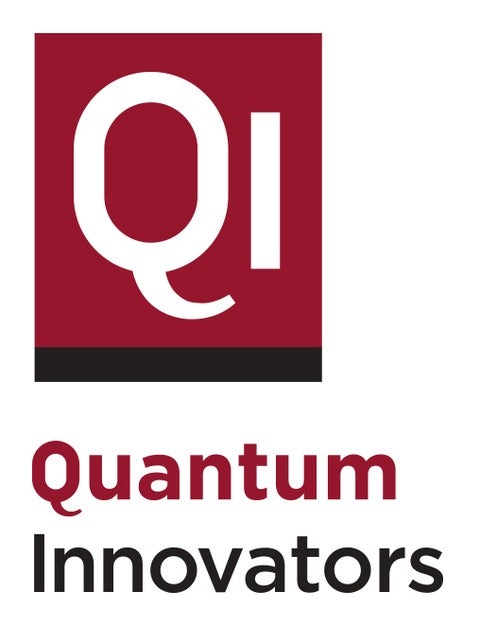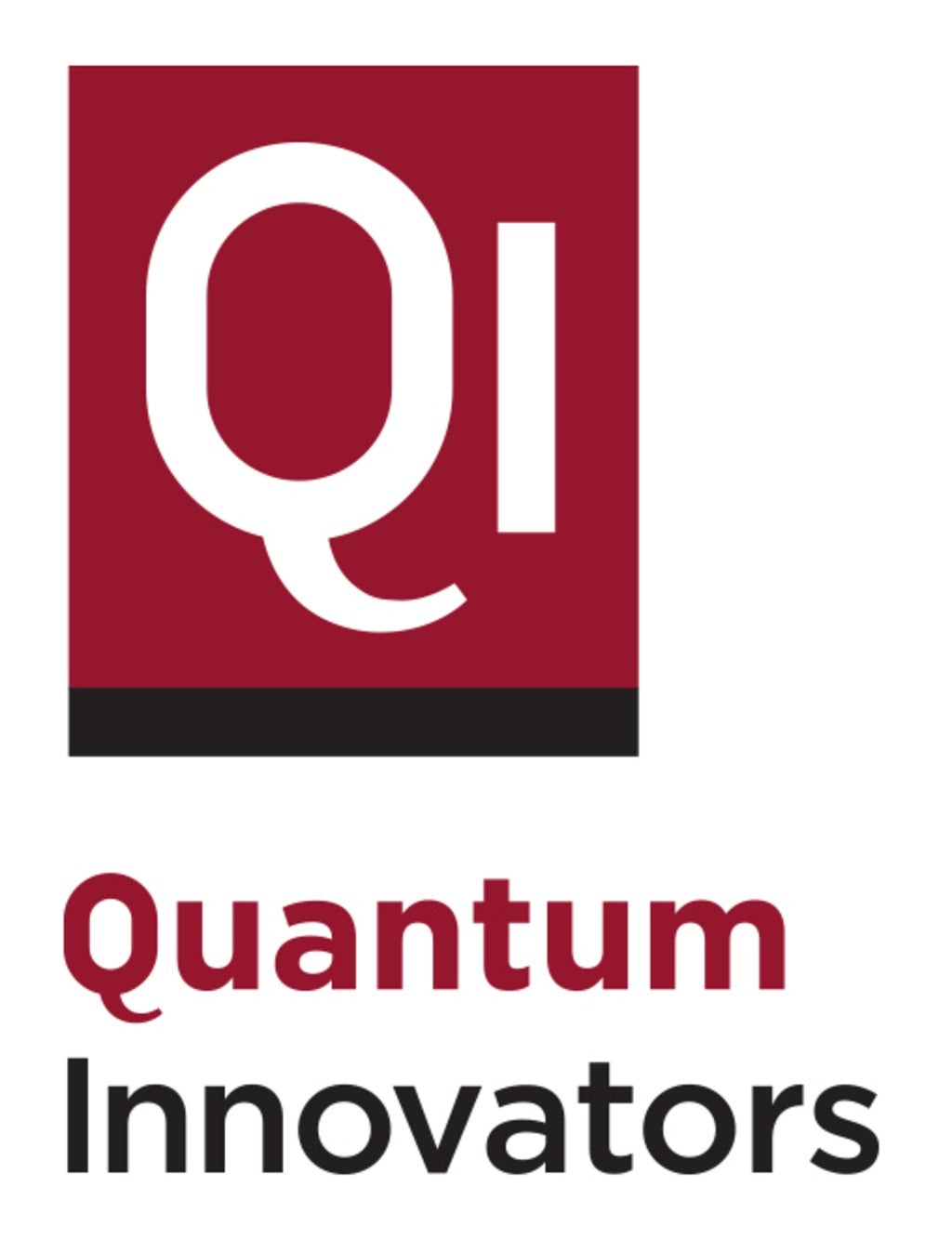Entangled: The series – QUANTUM + Opportunity
Big Ideas for Little Minds
Chris Ferrie will take you through a historical journey of his own coming of age with digital software and what that experience has granted him. The lesson to be learned is that children will take advantage of the opportunities they are given, but only if their parents and teachers show genuine interest in the activities giving rise to those opportunities. 20 years from now, there will be a Quantum Technology equivalent of Bill Gates. That future leader is only a young child today.




